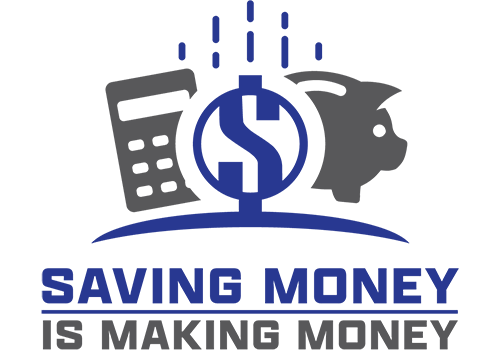Capital Gains: Know the Basics
Summary: In the investing world, the term “capital gains” comes up a lot. But what does it really mean, and what are its implications? Click through for an introduction to the tax and finance rules surrounding capital gains.
A capital gain is a profit made when you as an individual or business sell a capital asset — investments or real estate, for instance — for a higher cost than its purchase price. A capital loss is incurred when there’s a decrease in the capital asset value compared with its purchase price. Almost everything you own and use for personal or investment purposes is a capital asset: a home, personal-use items like furnishings, and collectibles.

A capital gain may be short term (one year or less) or long term (more than a year). The capital gain must be claimed on income taxes. While capital gains are generally associated with stocks and mutual funds due to their volatility, a capital gain can occur on any security sold for a higher price than the price that was paid for it. Unrealized gains and losses, sometimes referred to as paper gains and losses, reflect an increase or decrease in an investment’s value but haven’t yet triggered a taxable event.
The profit you realize when you sell a capital asset at a profit is your gain over basis paid. Basis is often defined as the original price plus any related transaction costs; basis also may refer to capital improvements and cost of sale. Capital losses are used to offset capital gains of the same type: short-term losses are deducted against short-term gains, for example.
How about businesses?
What are capital gains and losses for a business? A business may gain or lose money in two ways: It can make a profit on its sales activities or lose money by spending more than it brings in from sales. And, of course, it can gain or lose money based on its investments or sales of assets — items of value that the business owns.
Each type is taxed differently. Profits are taxed as ordinary income and at regular business or personal tax rates. Gains or losses on investments or the sale of assets are taxed as capital gains or losses, but it can depend on the type of business. When expensive equipment is involved, businesses have to consider depreciation, which takes into account the equipment’s declining value over its useful lifetime.
Capital gains and losses can come into play when a business writes off an asset, taking it off its balance sheet. That might also be the case with accounts receivable when a debt is owed to the business but is unlikely ever to be paid. In contrast to the write-off of a business asset however, accounts receivable get written off against ordinary income.
Individual shareholders or business owners who sell their capital shares or owner’s equity in a business also incur capital gains or losses from those sales. Note the following distinction: Operating profits and losses result from the ongoing operations of the business; sometimes called net operating losses for tax purposes, they result from day-to-day operations.
This is just an introduction to a complex topic, and there are many other provisions. Whether you’re buying or selling as an individual or as a business, be sure to keep track of your sales and discuss them with a qualified financial professional.
©2022

